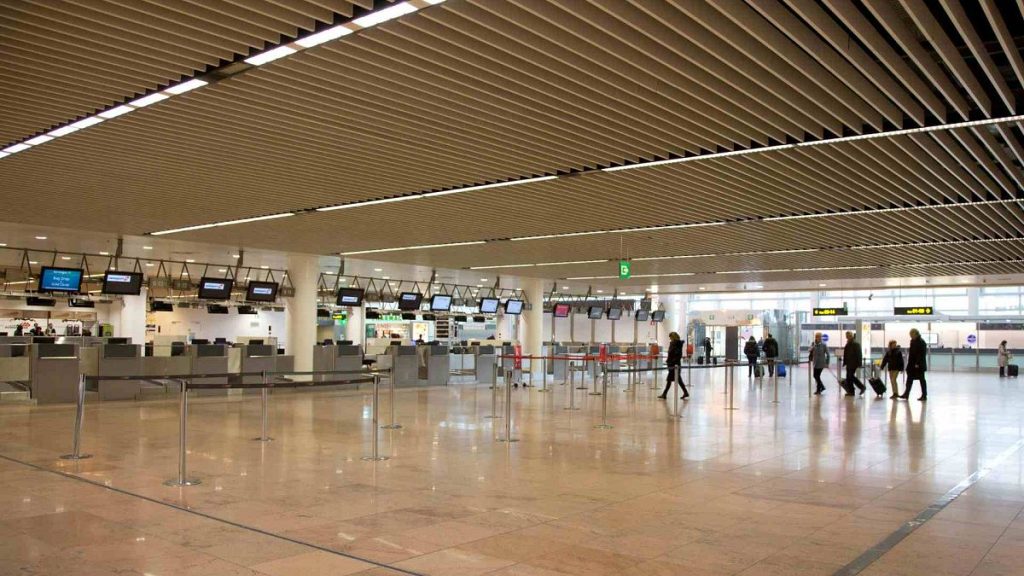The nationwide strike in Belgium on January 13, 2025, triggered by potential pension reforms, caused significant disruptions across various sectors, including aviation, rail, and public transport. Brussels Airport experienced major disruptions with 40% of flights cancelled and substantial delays for operating flights. Passengers were advised to contact their airlines or travel agencies for updates and to check the airport’s website or their airline’s platforms for real-time flight information. Internal airport services, such as baggage handling and immigration, were also affected by staff shortages, leading to longer processing times.
Brussels South Charleroi Airport, a hub for budget airlines, faced even more severe disruptions. Due to a critical staff shortage from their external security provider, all departing flights after midday were cancelled, rendering security unmanageable. Arriving flights, however, remained largely unaffected. The airport directed passengers to contact their respective airlines for further information and assistance.
The strike also severely impacted train services. Local and regional trains experienced widespread cancellations. National train operator SNCB provided detailed information on its website regarding affected services. International train services, however, experienced less disruption. Eurostar, TGV INOUI, ICE, and OUIGO trains between Brussels and Paris operated as scheduled. Eurocity Direct (Brussels-Amsterdam) and EuroCity (Brussels-Rotterdam) services experienced some cancellations, while the Nightjet service to Vienna and Berlin was rerouted from Cologne, offering ICE train connections between Cologne and Brussels/Liège. Regional cross-border trains experienced varying levels of service, with some lines operating at reduced capacity and others completely suspended. Passengers were directed to the SNCB website for detailed information on international train services and refund procedures.
Public transport within Belgium was significantly impacted, with widespread disruptions across various modes of transportation. Many schools also closed their doors, as tens of thousands of teachers participated in a rally in Brussels, further demonstrating the scale of the strike’s impact on daily life. The underlying cause of the strike was proposed pension reforms, a key issue being discussed by political parties engaged in coalition formation following the June 2024 elections. This demonstrates the high stakes and public concern surrounding the proposed changes.
Passengers affected by flight cancellations due to the strike are entitled to compensation under EU law. Airlines are obligated to offer either a full refund or alternative flights. Passengers experiencing flight delays may also be eligible for reimbursement of unforeseen expenses incurred due to the disruption, such as accommodation and meals. Airlines and travel agencies are the designated points of contact for claiming these refunds, though processing times can be lengthy.
Similarly, EU law provides rail passengers with rights to compensation for delays. Passengers who choose to travel on a delayed train might be eligible for partial or full refunds, depending on the extent of the delay. Passengers whose trains are delayed by more than an hour have the option to forgo their journey and receive a full ticket refund. Alternatively, they can choose to travel on a later date. SNCB provides comprehensive details on its website on how to initiate refund claims. The strike underscored the importance of passenger rights and the mechanisms in place to protect travellers during such disruptions. It also highlighted the complex interplay between labour rights, government policy, and the functioning of essential services.









